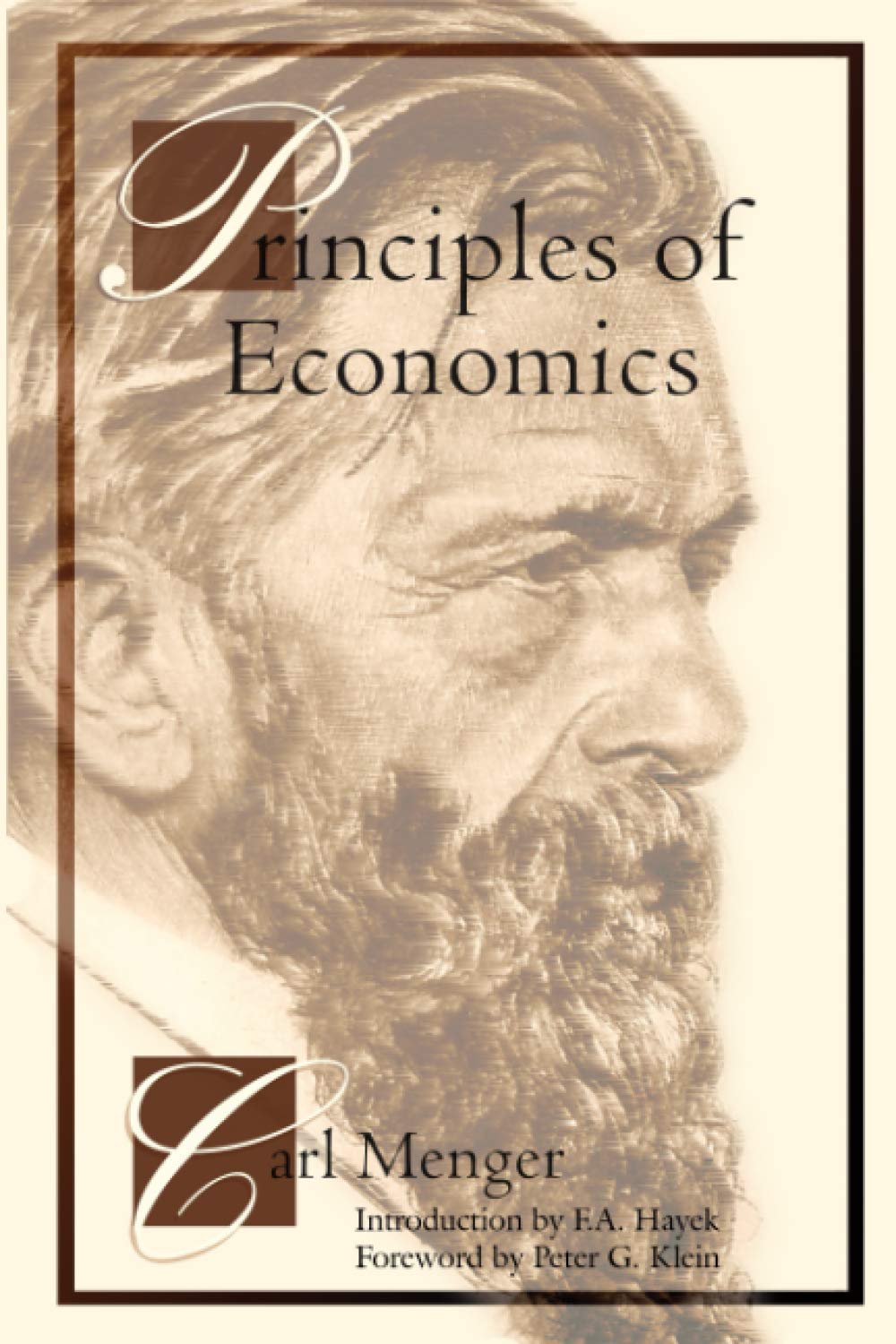“Money is not an invention of the state. It is not the product of a legislative act. Even the sanction of political authority is not necessary for its existence.”
- Carl Menger
I am committed to becoming a well-rounded individual who is open-minded and able to view things from a holistic perspective, free from confinement within any single viewpoint. In building this profile, I identified my limited understanding of economics and finance, fundamental pillars of society. I embarked on a journey to build my knowledge from the ground up, focusing on fundamental principles.
In this quest, I was fortunate to discover Carl Menger’s Principle of Economics, one of the earliest and most influential works in economic theory. Menger’s book offers profound insights into the nature of economic goods, value theory, commodity, and money. It elucidates the formation of economic systems, societal structures, and the nature of human trade. Economic activities happen every moment around the world under the behaviour of economic individuals, while only few are curious and determined enough to understand one’s motivation and essence of phenomenons. Menger did not invent any concepts but illuminates the motivation behind economic individuals’ actions which ultimately satisfy one's needs.
I observed significant parallels and interconnections between economics and other scientific disciplines, each complementing the other to collectively explain the workings of our world. However, my exploration of economics and its history is still nascent, and I acknowledge my superficial grasp of Menger's concepts. Hence, delving into specifics would be misleading and unproductive. Perhaps a second reading, once I have a firmer understanding of economic history, will allow a deeper appreciation and comprehension of Menger's principles.
On a critical note, the book's language, characterised by formal and classical prose, poses a challenge to the contemporary reader. Furthermore, numerous editing errors mar the text, detracting from its credibility and reader experience. It is disappointing to encounter these issues for a work of such importance and stature. It should be free from such errors.
Despite these drawbacks, Menger’s Principles of Economics is a valuable starting point for those interested in economics and seeking diverse perspectives. While challenging, the journey through Menger's principles is ultimately rewarding.
